While the presidential run-off between Georgescu and his opponent is set for December 8, Sunday’s parliamentary vote is expected to further alter Romania's political landscape. The far-right is poised to make significant gains, with predictions that three far-right parties could collectively secure over 30% of the vote. Key among them is the Alliance for the Union of Romanians (AUR), which has gained momentum due to increasing dissatisfaction with the political establishment and concerns over Romania's role in the ongoing Ukraine conflict.
Romania's NATO membership and the country's traditionally pro-European stance have been challenged by the rise of nationalist rhetoric, especially amid inflation and fears of being dragged deeper into the war in Ukraine. Outgoing President Klaus Iohannis has framed the elections as pivotal for Romania's future, warning that the country could either continue as a democratic, free nation or risk falling into isolation and authoritarianism.
The political landscape is fragmented, with far-right parties such as AUR, the Party of Young People (POT), and the SOS Romania party gaining ground. This shift is seen as a response to the perceived failure of traditional parties, such as the ruling Social Democrats (PSD) and the National Liberal Party (PNL), to address the nation’s grievances. Political analysts foresee a complicated future for Romania, with a likely struggle to form a stable government amid rising nationalism and security risks.



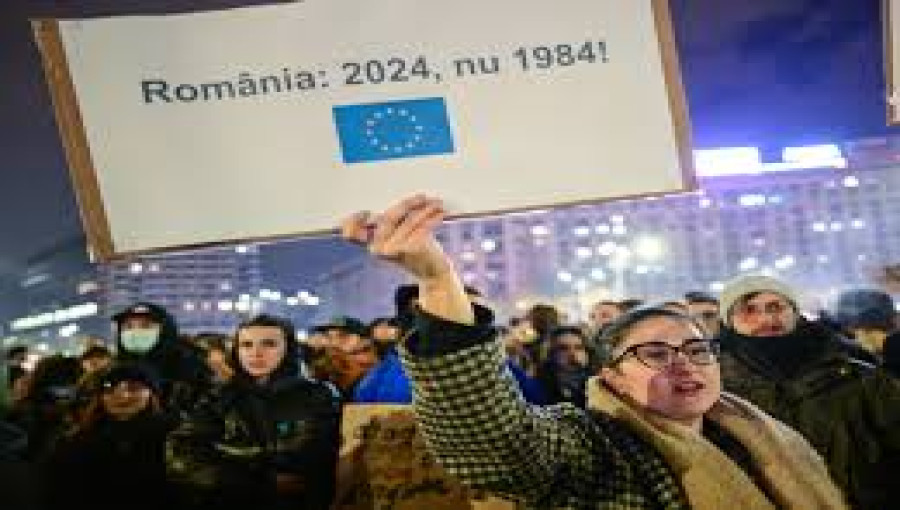
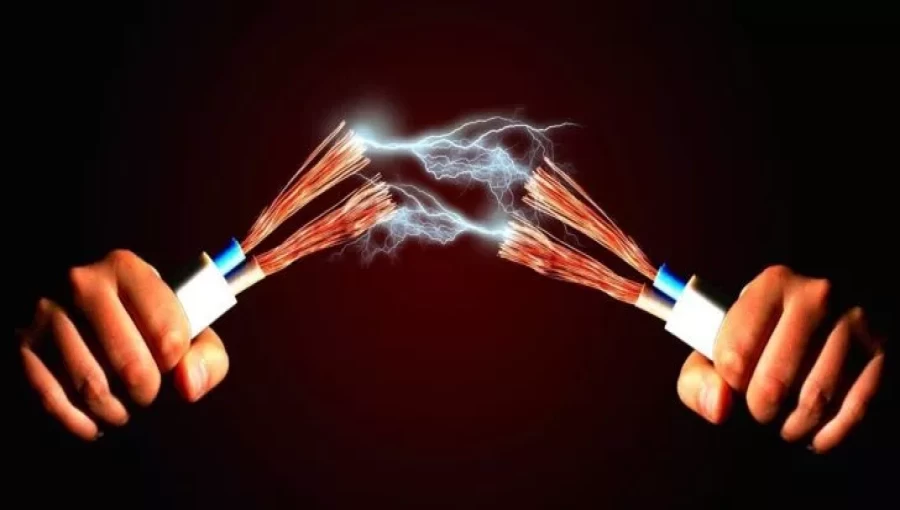
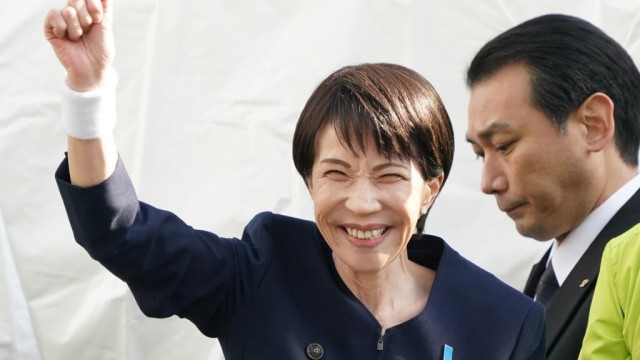


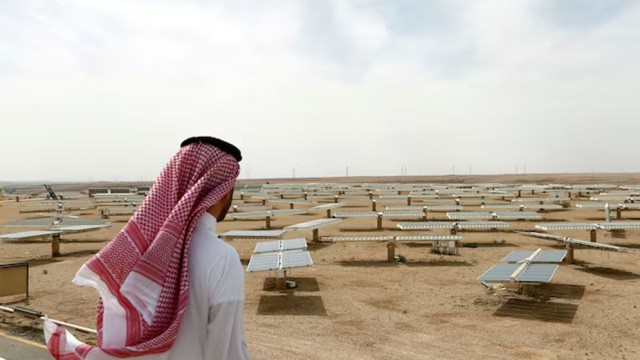

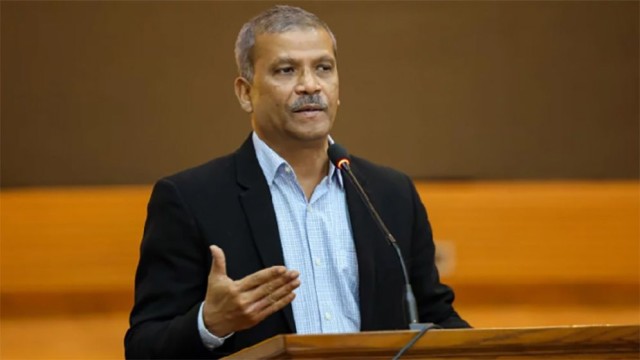
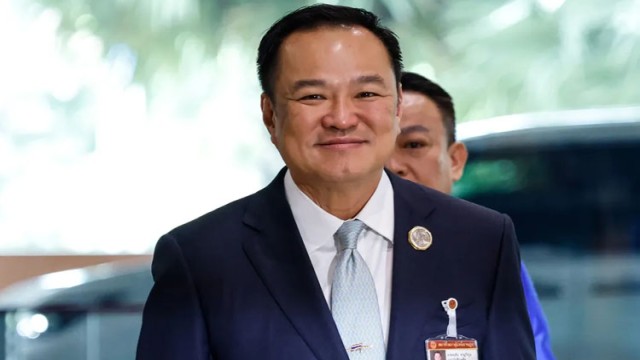
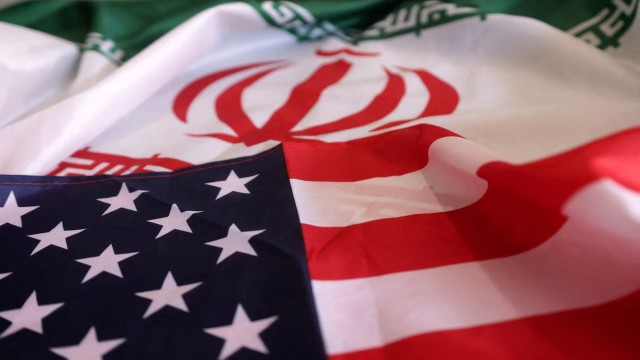

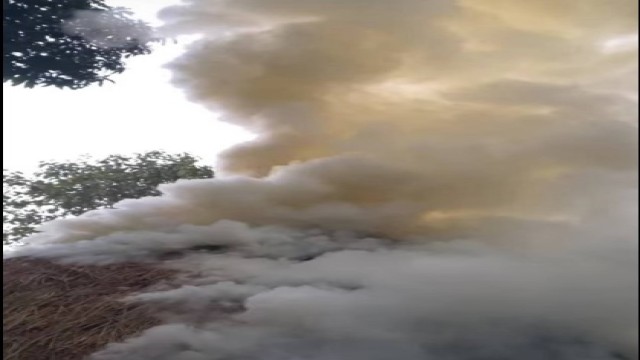
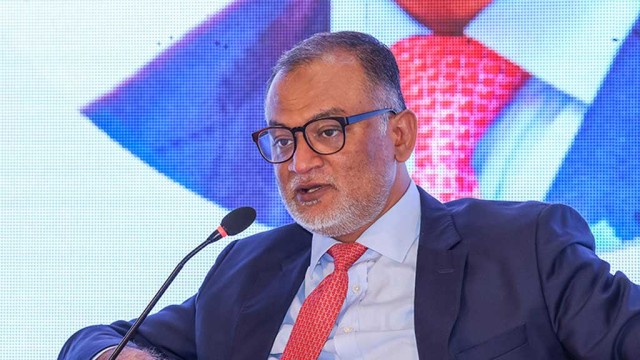












Comment: